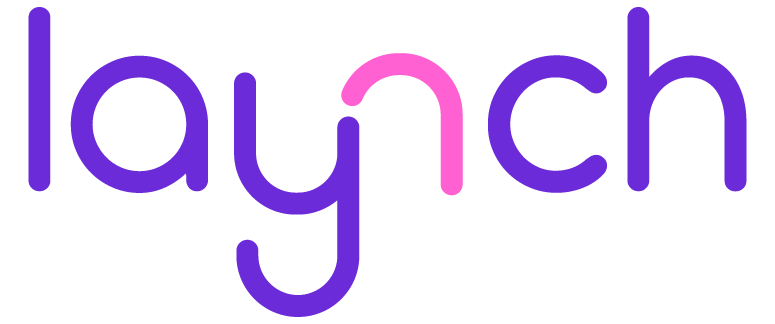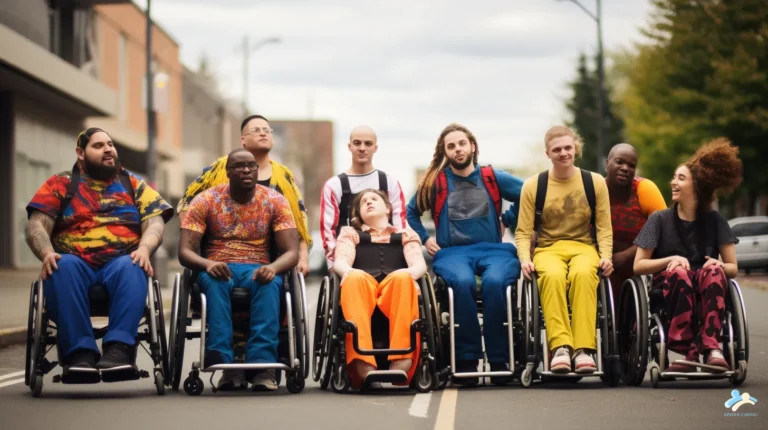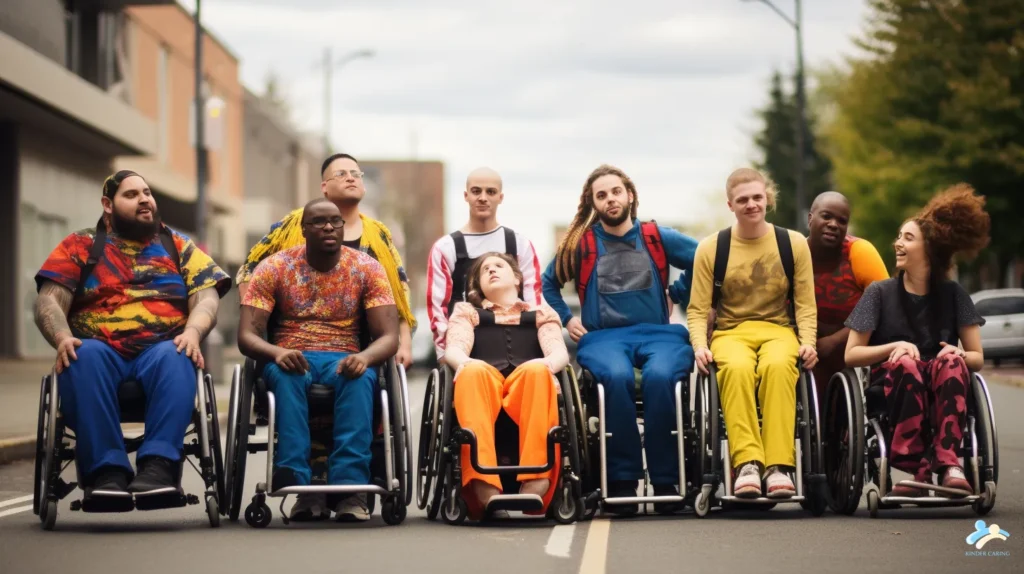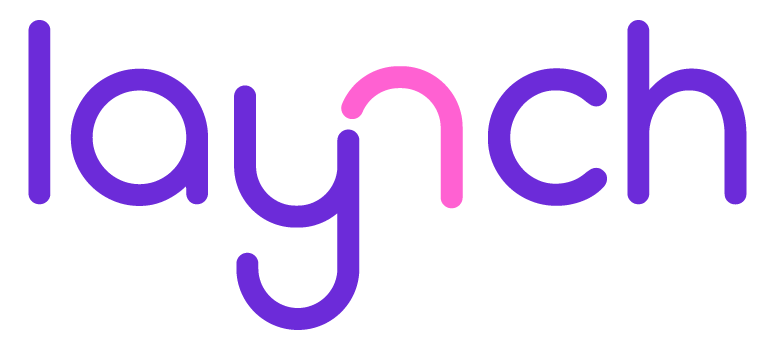Disability employment opportunities are becoming more recognized in today’s workforce. As more businesses understand the importance of inclusivity, creating workspaces that offer meaningful opportunities for people with disabilities helps build diverse, innovative teams. This post explores how organizations can foster a more inclusive and accessible work environment for everyone.
1. Inclusive Hiring Practices
Creating inclusive recruitment processes is the first step toward accessible workplaces. This includes:
- Accessible job descriptions with inclusive language
- Interview accommodations such as extended time, virtual interviews, or assistive technologies
- Skills-based hiring that focuses on capabilities rather than limitations
Companies embracing these practices are making it easier for people with disabilities to showcase their strengths and gain equal access to employment opportunities.
2. Remote and Flexible Work
The rise of remote work and flexible scheduling has been a game-changer for professionals with disabilities. It reduces physical and transportation barriers and enables individuals to work from environments tailored to their needs.
Tools like video conferencing, collaboration platforms, and voice-to-text software are supporting people with disabilities in performing effectively from home.
3. Government and NGO Support
Programs from organizations like JobAccess and various NGOs provide businesses with the tools and incentives to support disability inclusion:
- Wage subsidies and tax incentives for employers
- On-the-job support through job coaches and workplace modifications
- Awareness and inclusion training for staff
These resources help employers integrate disabled individuals into their workforce seamlessly and successfully.
4. Training and Skills Development
Many people with disabilities are accessing professional development through:
- Vocational training centres
- Online certification programs
- Disability-specific education initiatives
Today, careers in digital marketing, graphic design, software testing, customer service, and content writing are well within reach thanks to these opportunities for upskilling.
5. Success Stories That Inspire
From launching their own businesses to excelling in corporate roles, people with disabilities are reshaping industries across the globe. These stories highlight not just talent and determination, but the impact of inclusive policies and workplaces that believe in equity. Disability employment opportunities provide the chance for individuals to showcase their skills and succeed in all fields.
By featuring these journeys in your company culture or internal campaigns, you help break down stigma and open doors for others. Increasing disability employment opportunities in your workplace can inspire future generations to see the potential in all individuals, regardless of ability.
Conclusion
Creating meaningful opportunities for people with disabilities in the workplace benefits individuals, businesses, and society at large. By investing in inclusive practices, leveraging support programs, and celebrating success stories, we can build a future where every person has the right to contribute, grow, and succeed regardless of ability.
Let’s commit to a workforce where diversity is the norm, not the exception.















